1912 F.N. 10/14 HP MODEL 1600 TWO SEATER COACHWORK BY CHARLESWORTH Registration No. Not UK Registered Chassis No. 1494 Engine no. 1494 White with red interior Engine : 4-cylinder bi-bloc L-head, bore and stroke 74mm x 90mm, 1550cc; Gearbox: Four speed manual with reverse; Suspension: front and rear semi-elliptic leaf springs; Brakes: Internal expanding by hand lever to rear hubs, external contracting from foot pedal to transmission. Right-hand drive. FN motorcars were made by the Fabrique National d'Armes de Guerre in Liège, Belgium from 1899 until 1935. As the company title indicates, the firm was founded to make armaments, but it diversified into bicycle making in the 1890s. Motorcycles soon followed leading to the four-cylinder shaft-drive models that created a sensation when introduced at the 1904 Paris Salon and secured the firm's reputation for refinement and quality. The first motorcars were twin-cylinder voiturettes that were made for two years and then the motorcycles took priority. Car manufacture resumed in 1906 when a license was taken out from Rochet-Schneider. FN established its own identity with the introduction of a 14hp type that had a four-cylinder L-head engine and shaft drive which by 1908 was called the Model 2000, FN's model designation from then on being based on engine capacity. A Model 1560 was introduced in 1911 and this was revised for the 1912 season as the 1600, being fitted with a four-speed gearbox having direct drive for top gear. The petrol tank was relocated to the rear of the chassis with exhaust pressure feed whilst established features such as the tubular sub-frame for the engine and gearbox, the multi-plate clutch, Bosch magneto ignition, and thermosyphon cooling, were retained. The FN we present for sale must have been supplied new to the UK, as it carries coachwork by British coachbuilder Charlesworth of Coventry. The car must have then returned to Belgium as it wears a number of plaques from that country. Later on in life it was one of a handful of known FNs that passed to New Zealand, from where it was purchased by the current owners approximately ten years ago. An attractive two seater configuration, it has a rear storage compartment on which a period trunk sits, although it is conceivable that this may originally have been a dickey seat. The main two seating area is appointed with button back upholstery, and the dash retains a period oiling system, as well as FN gauge. An interesting and very unusual feature of the bodywork is that the windscreen pivots with a central turning wheel control, such that the driver can adjust its rake whilst driving. Fully equipped with period brass accessories the car carries an unnamed set of headlights, Howes and Burley sidelights, and a Lucas 'King of the Road' tail light, as well as coiled bulb-horn. Recent driving experience of another FN Model 1600 revealed good road manners with a comfortable and predictable ride, no doubt contributed to by the wheelbase length and the long fairly flat springs, rigid chassis (by the standards of the day), and the direct accurate steering. The engine revved freely in the gears and in top gave a cruising speed of some 40 mph with perhaps some 7 to 8 mph available in excess of this. For a relatively small engine, flexibility in top gear was noticeable with roundabouts being negotiated without changing down providing modest accelerator pressure was used on exciting. The clutch engaged smoothly with no drag, whilst both the hand and transmission brakes provided reassuring stopping power. Returning to the UK for the auction, this rare FN car is eligible for the events of the Veteran Car Club of Great Britain, but will require re-commissioning prior to road use having not been run for many years.
1912 F.N. 10/14 HP MODEL 1600 TWO SEATER COACHWORK BY CHARLESWORTH Registration No. Not UK Registered Chassis No. 1494 Engine no. 1494 White with red interior Engine : 4-cylinder bi-bloc L-head, bore and stroke 74mm x 90mm, 1550cc; Gearbox: Four speed manual with reverse; Suspension: front and rear semi-elliptic leaf springs; Brakes: Internal expanding by hand lever to rear hubs, external contracting from foot pedal to transmission. Right-hand drive. FN motorcars were made by the Fabrique National d'Armes de Guerre in Liège, Belgium from 1899 until 1935. As the company title indicates, the firm was founded to make armaments, but it diversified into bicycle making in the 1890s. Motorcycles soon followed leading to the four-cylinder shaft-drive models that created a sensation when introduced at the 1904 Paris Salon and secured the firm's reputation for refinement and quality. The first motorcars were twin-cylinder voiturettes that were made for two years and then the motorcycles took priority. Car manufacture resumed in 1906 when a license was taken out from Rochet-Schneider. FN established its own identity with the introduction of a 14hp type that had a four-cylinder L-head engine and shaft drive which by 1908 was called the Model 2000, FN's model designation from then on being based on engine capacity. A Model 1560 was introduced in 1911 and this was revised for the 1912 season as the 1600, being fitted with a four-speed gearbox having direct drive for top gear. The petrol tank was relocated to the rear of the chassis with exhaust pressure feed whilst established features such as the tubular sub-frame for the engine and gearbox, the multi-plate clutch, Bosch magneto ignition, and thermosyphon cooling, were retained. The FN we present for sale must have been supplied new to the UK, as it carries coachwork by British coachbuilder Charlesworth of Coventry. The car must have then returned to Belgium as it wears a number of plaques from that country. Later on in life it was one of a handful of known FNs that passed to New Zealand, from where it was purchased by the current owners approximately ten years ago. An attractive two seater configuration, it has a rear storage compartment on which a period trunk sits, although it is conceivable that this may originally have been a dickey seat. The main two seating area is appointed with button back upholstery, and the dash retains a period oiling system, as well as FN gauge. An interesting and very unusual feature of the bodywork is that the windscreen pivots with a central turning wheel control, such that the driver can adjust its rake whilst driving. Fully equipped with period brass accessories the car carries an unnamed set of headlights, Howes and Burley sidelights, and a Lucas 'King of the Road' tail light, as well as coiled bulb-horn. Recent driving experience of another FN Model 1600 revealed good road manners with a comfortable and predictable ride, no doubt contributed to by the wheelbase length and the long fairly flat springs, rigid chassis (by the standards of the day), and the direct accurate steering. The engine revved freely in the gears and in top gave a cruising speed of some 40 mph with perhaps some 7 to 8 mph available in excess of this. For a relatively small engine, flexibility in top gear was noticeable with roundabouts being negotiated without changing down providing modest accelerator pressure was used on exciting. The clutch engaged smoothly with no drag, whilst both the hand and transmission brakes provided reassuring stopping power. Returning to the UK for the auction, this rare FN car is eligible for the events of the Veteran Car Club of Great Britain, but will require re-commissioning prior to road use having not been run for many years.
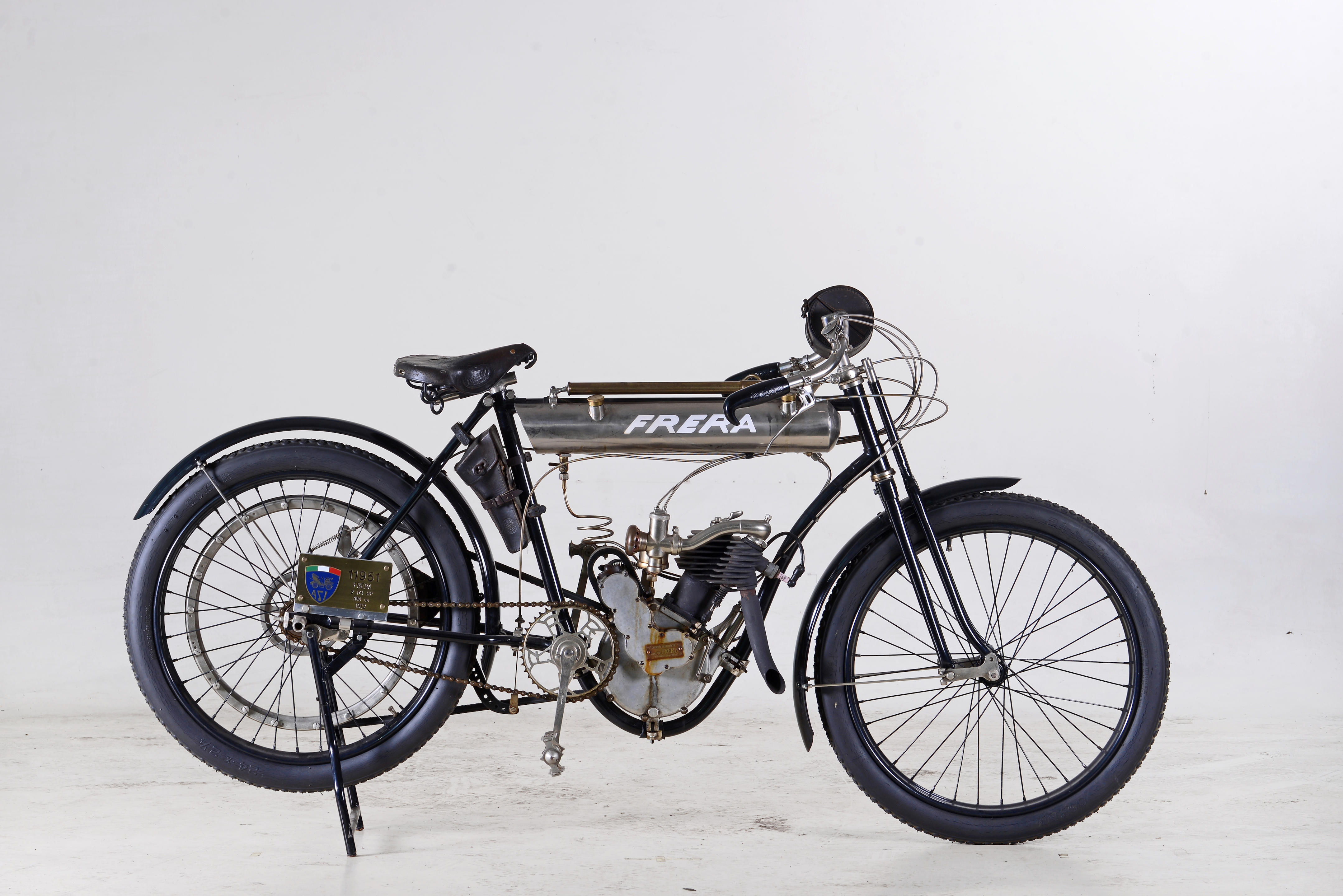
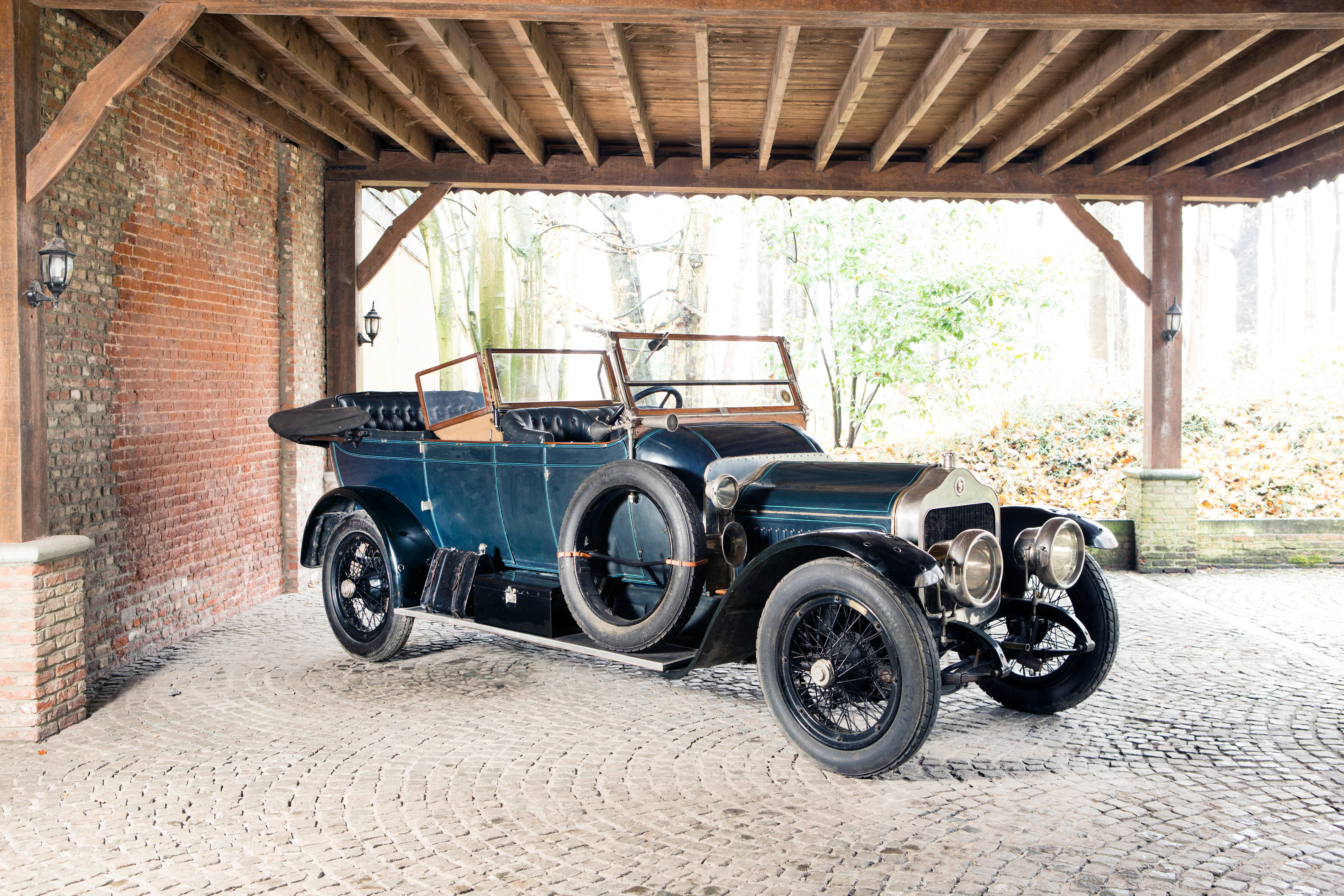
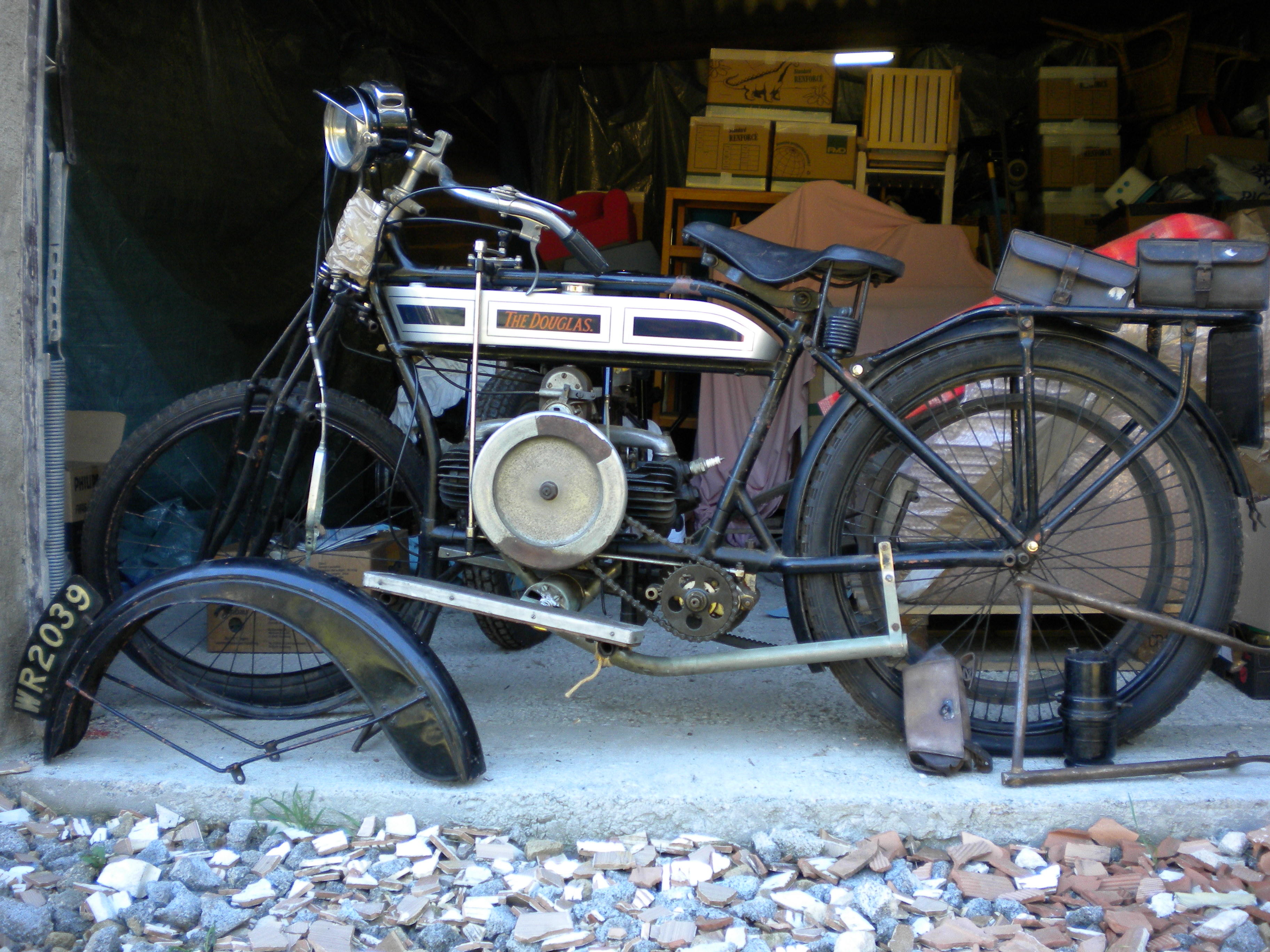
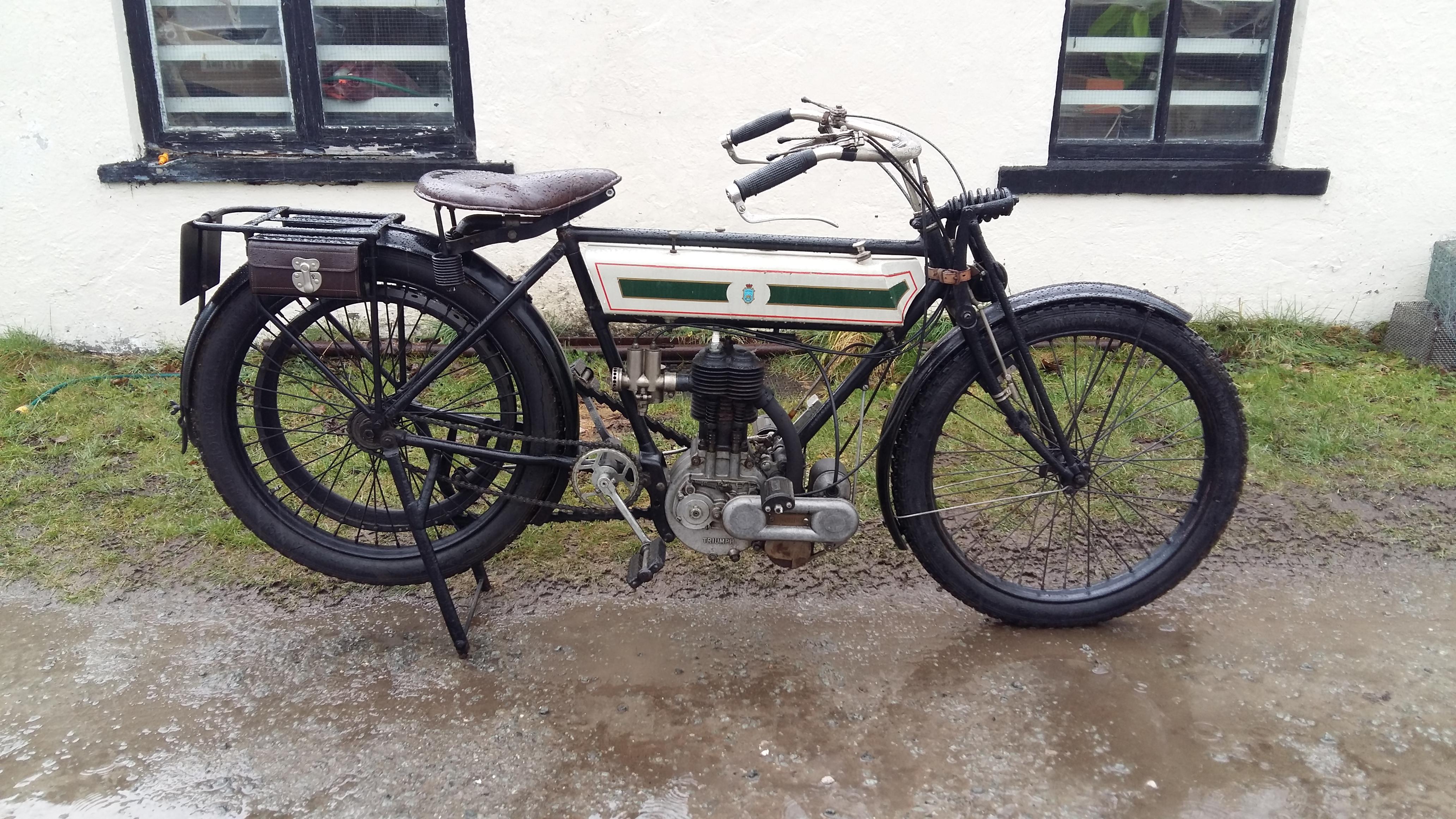



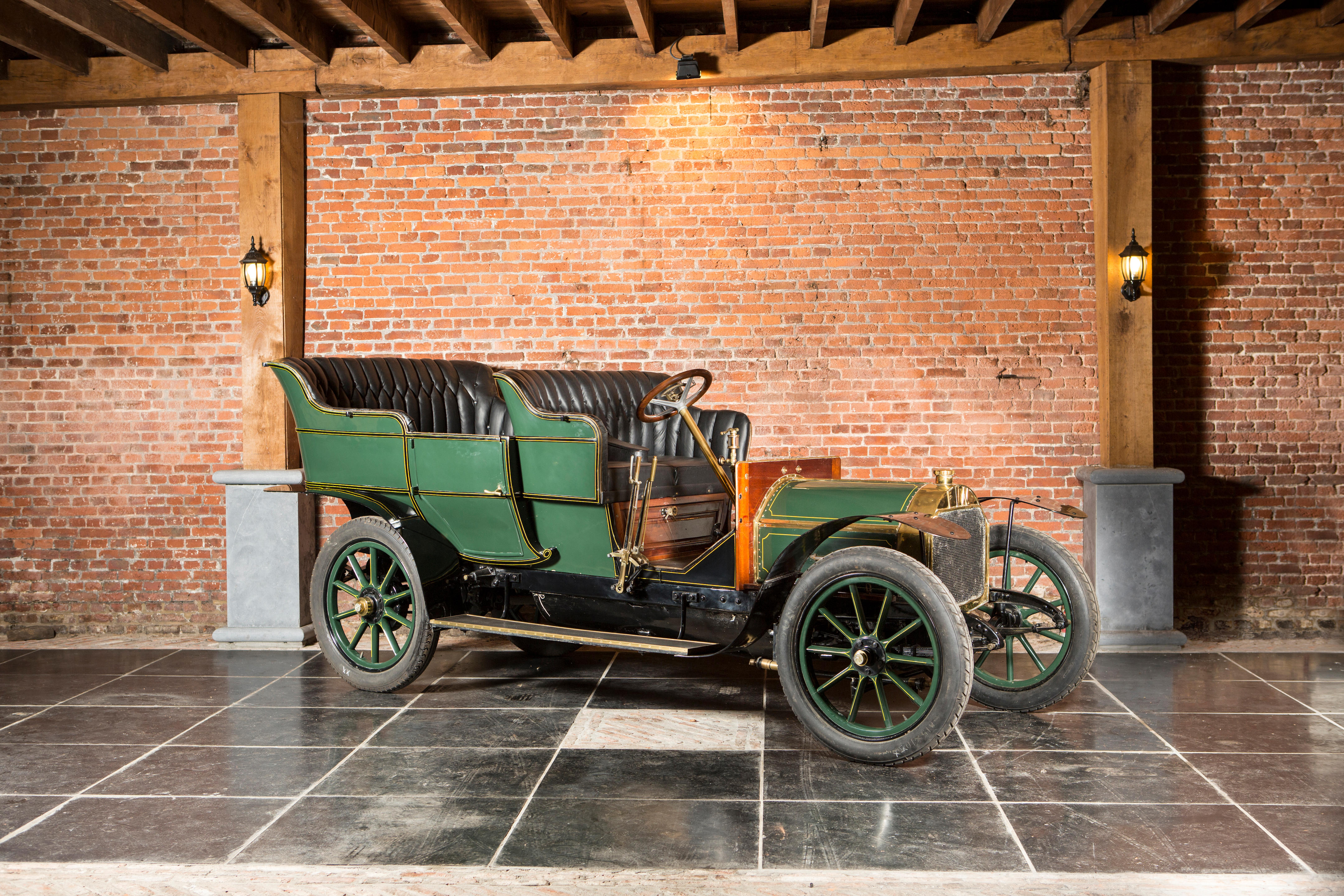
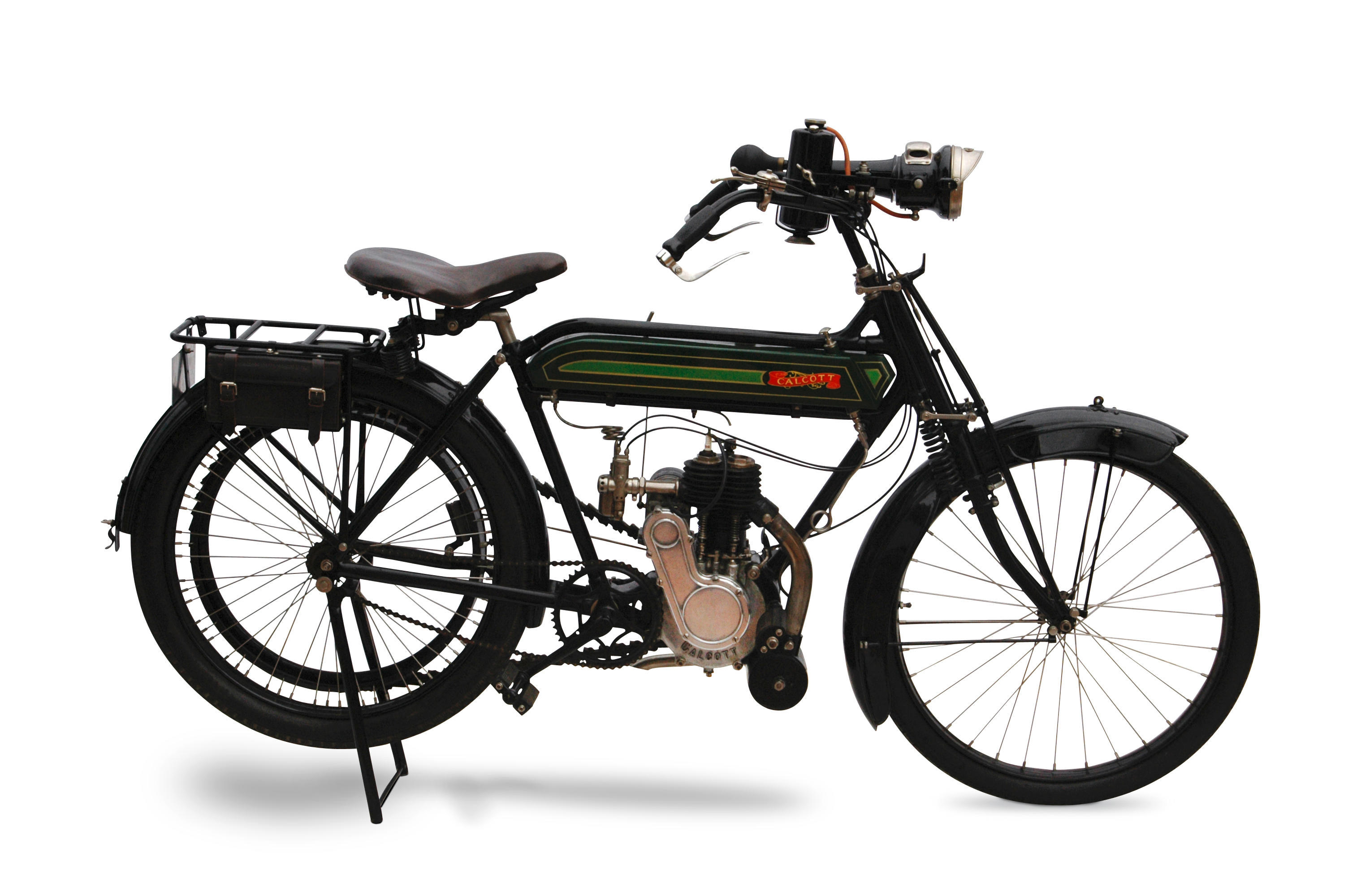
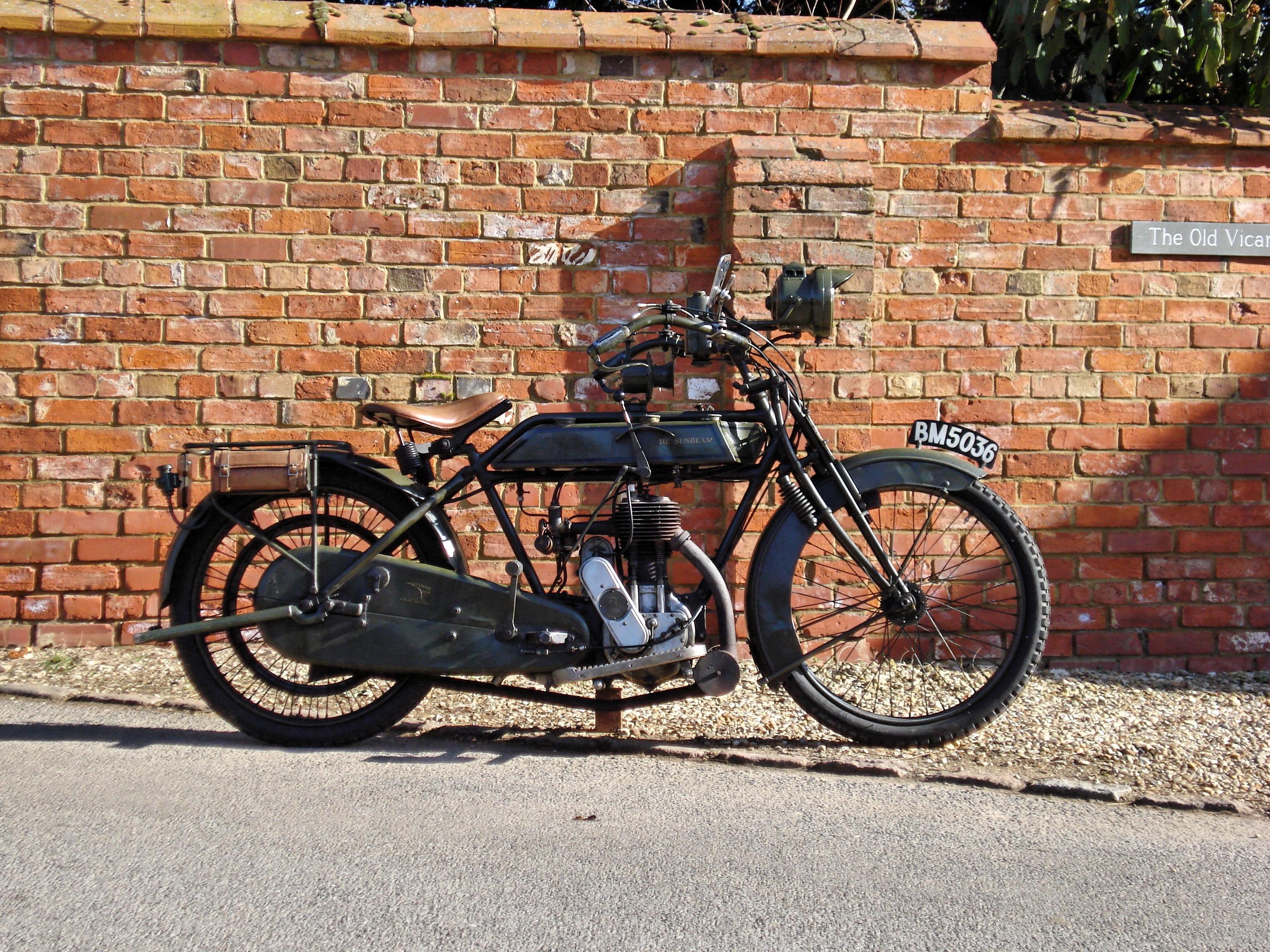
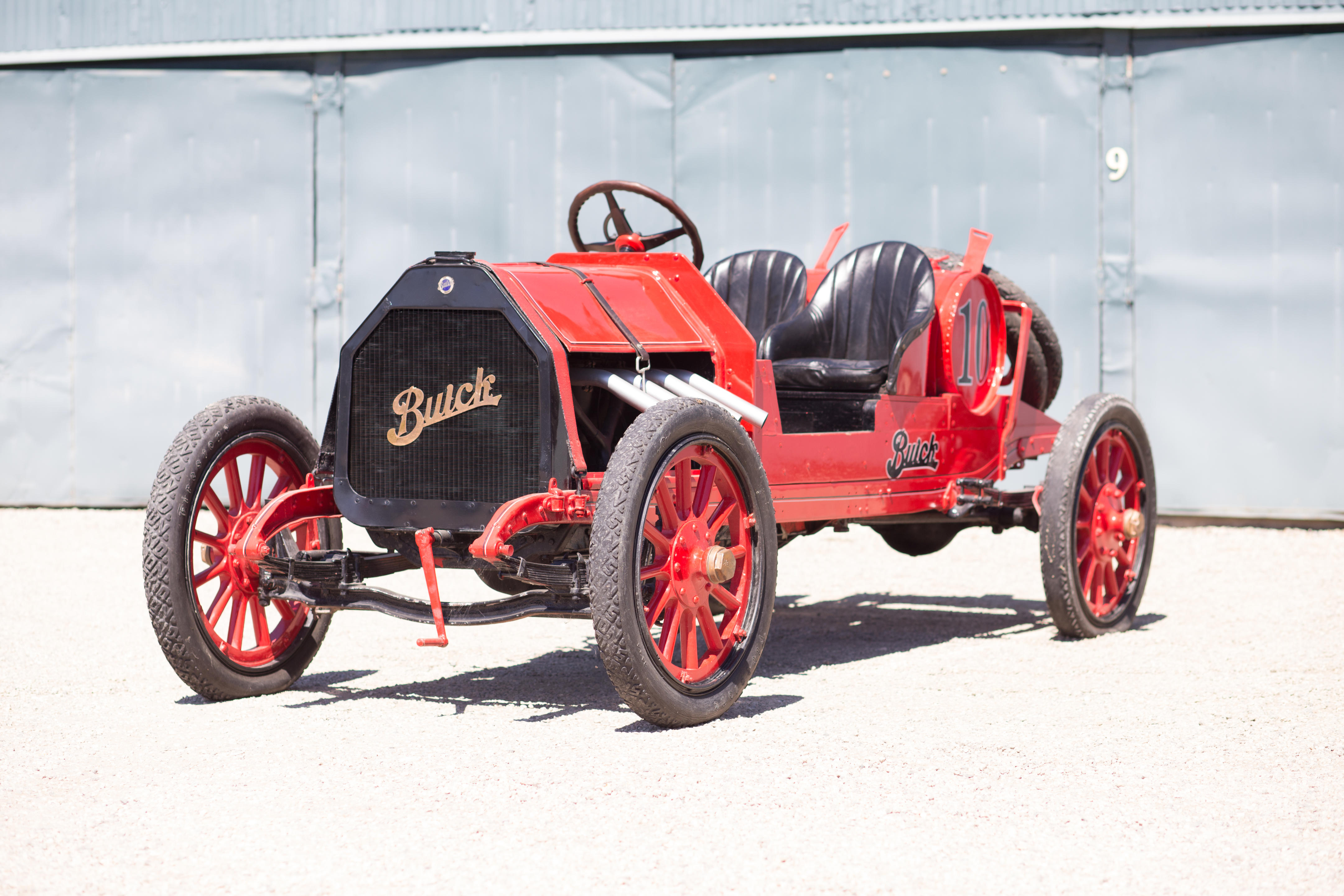
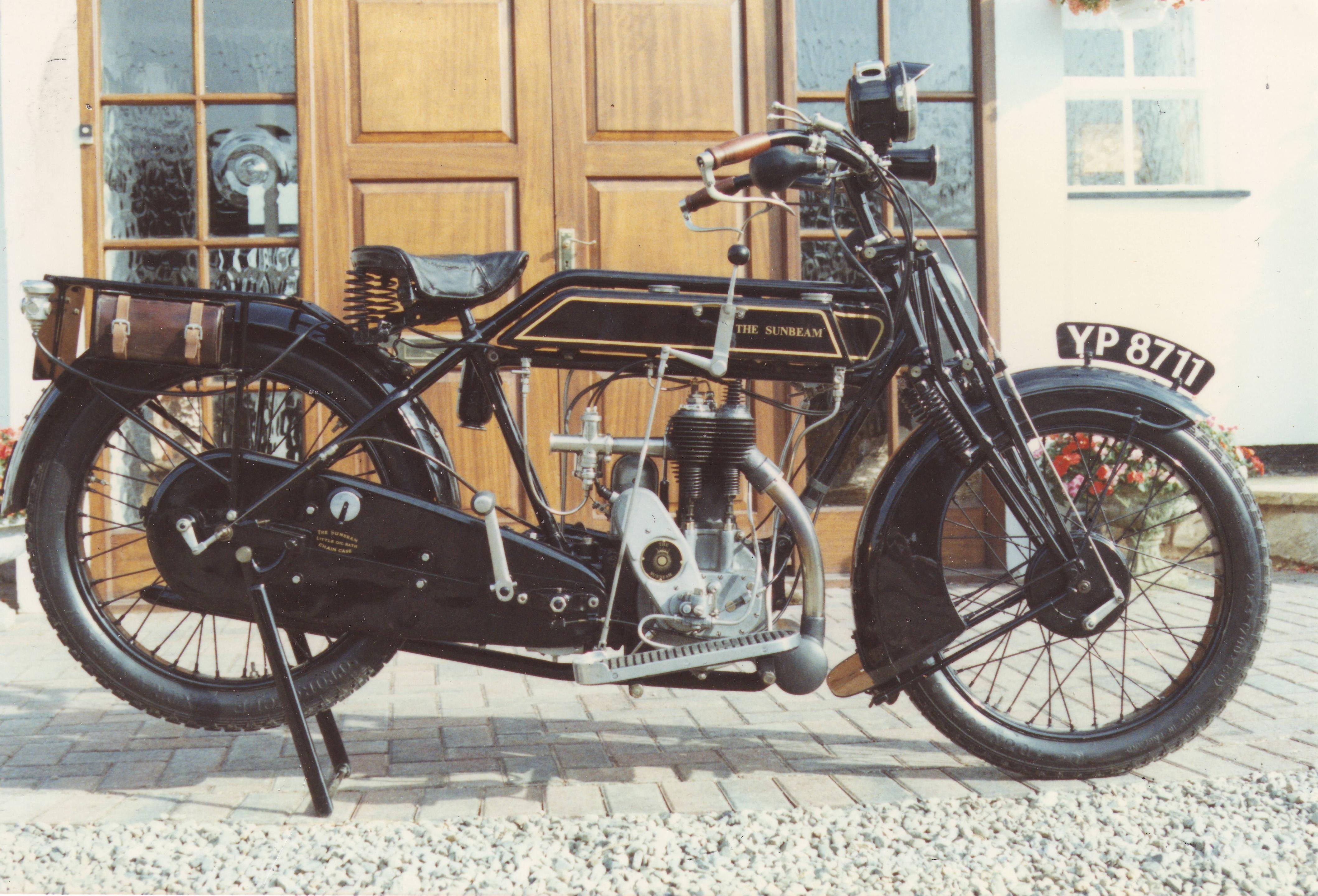
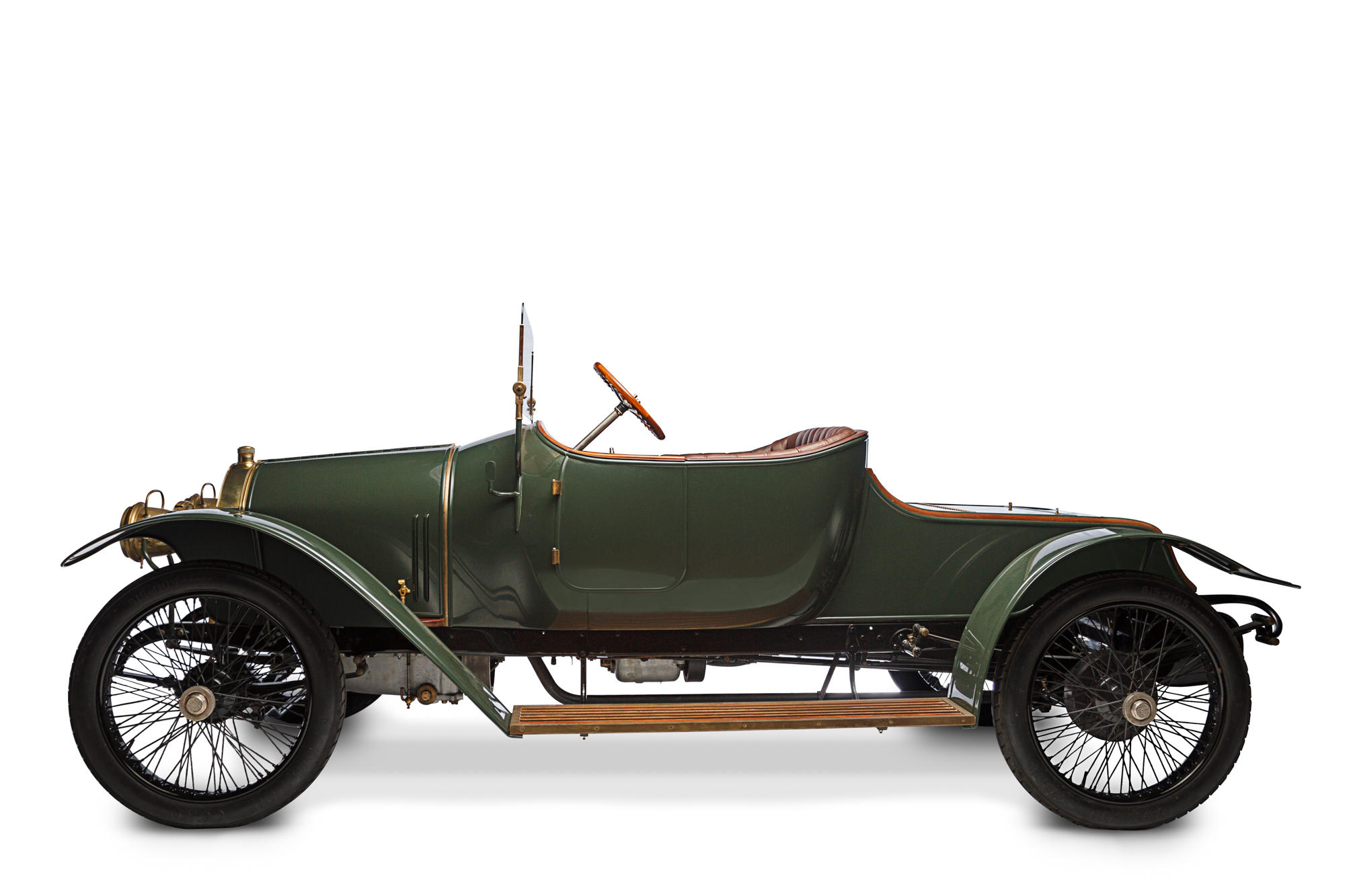
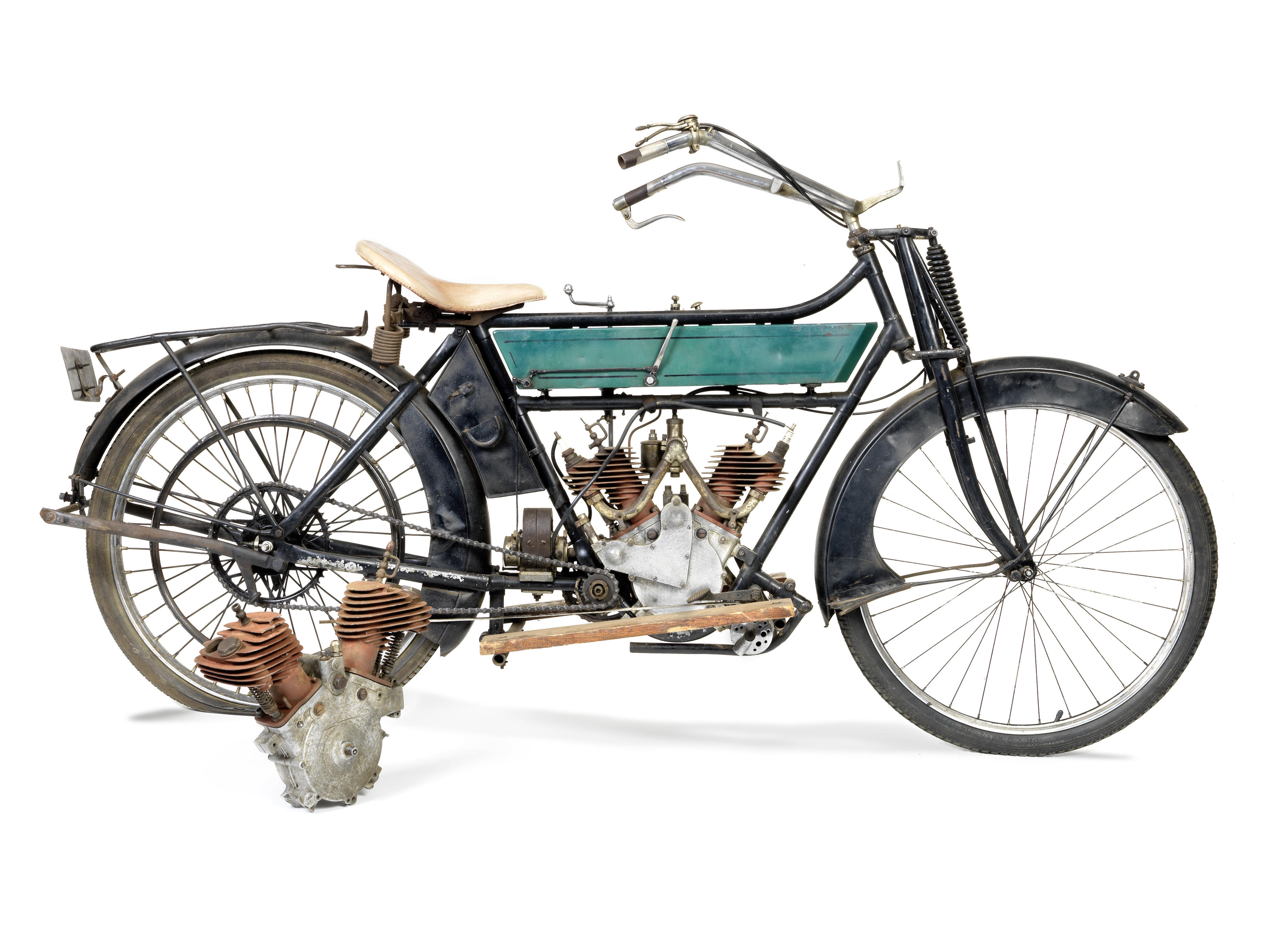

Testen Sie LotSearch und seine Premium-Features 7 Tage - ohne Kosten!
Lassen Sie sich automatisch über neue Objekte in kommenden Auktionen benachrichtigen.
Suchauftrag anlegen